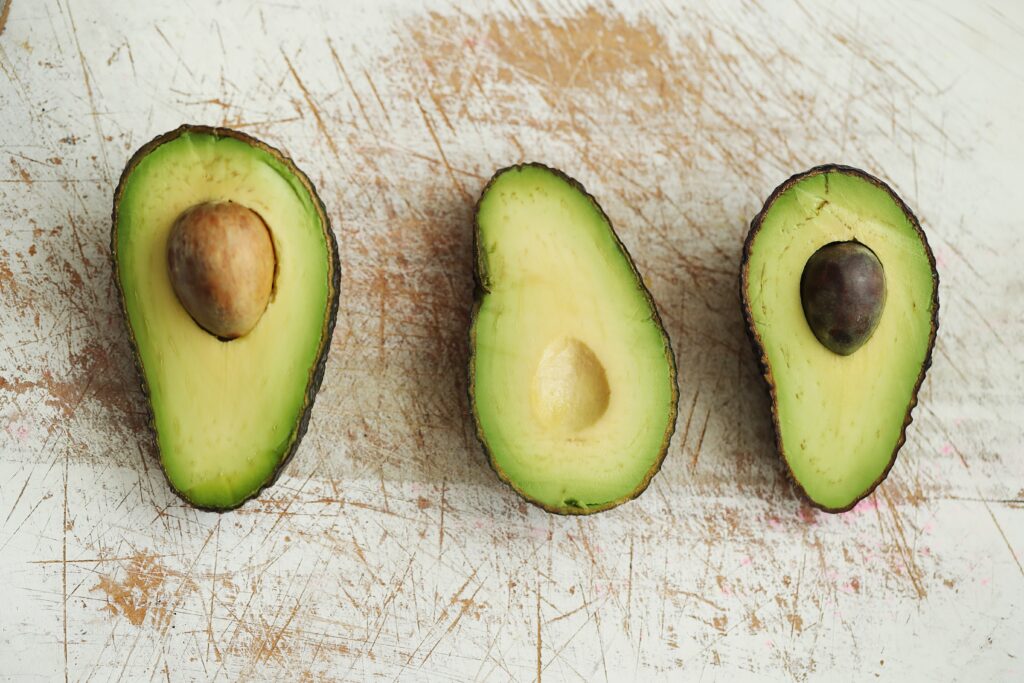So much is said about losing weight that it can be hard to sort fact from fiction. We have pulled together some of the most common myths about weight loss to help you make informed decisions.
Myth 1: A radical exercise regime is the only way to lose weight
This simply isn’t true. Successful weight loss involves making small changes that you can stick to for years to come. This includes changes to what you eat and how much you move. In order to shed those pounds, you need to create a negative calorie balance which is best achieved firstly through eating well and secondly by being more active and burning those calories.

Myth 2: Weight loss is linear
Your weight can fluctuate daily by several pounds depending on when you weigh yourself, how much water you’re retaining, and the type of food you have recently eaten. Tracking healthy, long-term weight loss will show an overall downward trend with periods of small gains and occasional plateaus. So, don’t be surprised if it takes a few days for the scale to acknowledge your effort. If you eat well and move more, the results will come.
Myth 3: Foods labelled low fat or reduced fat are always a healthy choice
Be cautious. Foods labelled ‘low fat’ have to contain no more than a specific amount of fat to legally use that label. If a food is labelled as ‘low-fat’ or ‘reduced-fat’, it should contain less fat than the full-fat version, but that doesn’t automatically make it a healthy choice: Always check the label as some low-fat foods may also contain high levels of sugar.
Myth 4: Fats are bad for you
Fats have gained a bad reputation over the years, but in fact our body needs fats to stay healthy. Healthy fats such as those found in oily fish, ghee, avocados, nuts and seeds can help to support our memory, vision, bone health, reduce inflammation and even help our nerves. When it comes to food labels, just make sure you’re avoiding refined vegetable cooking oils, ‘trans’ fats and hydrogenated fats, as well as foods cooked in them or made with them – including many processed foods.

Myth 5: Carbs make you fat
Reducing carbs, especially sugar, will help you lose weight but you do still need healthy carbohydrates in your diet. Think: less white bread and pasta and think more vegetables, fruit and wholegrains.
Myth 6: You’ll see results immediately
Seeing results can take time and it’s important to be realistic about your goals. By losing weight slowly and steadily though eating healthily and increasing physical activity, you’ll be more likely to keep the weight off for good.
Myth 7: Crash diets help you lose weight
You might lose weight fast, but they are unlikely to result in long term weight loss. In fact, it may lead to longer term weight gain. This type of diet is very hard to maintain and you may be missing out on vital nutrients.
Myth 8: Skipping meals helps you lose weight
Skipping meals is not a good idea when trying to lose weight. To lose weight and keep it off, you have to reduce the amount of calories you consume and increase the calories you burn through exercise. But skipping meals altogether can result in tiredness and may mean you miss out on essential nutrients.



